Publishing The Prince
PUBLISHING
The Prince
HISTORY, READING, &
THE BIRTH OF POLITICAL CRITICISM
Jacob Soll
THE UNIVERSITY OF MICHIGAN PRESS
Ann Arbor
Copyright by the University of Michigan 2005
All rights reserved
Published in the United States of America by
The University of Michigan Press
Manufactured in the United States of America
 Printed on acid-free paper
Printed on acid-free paper
2008 2007 2006 2005 4 3 2 1
No part of this publication may be reproduced, stored in a retrieval system, or transmitted in any form or by any means, electronic, mechanical, or otherwise, without the written permission of the publisher.
A CIP catalog record for this book is available from the British Library.
Library of Congress Cataloging-in-Publication Data
Soll, Jacob, 1968
Publishing the Prince : history, reading, and the birth of political criticism / Jacob Soll.
p. cm.
Includes bibliographical references and index.
ISBN 0-472-11473-5 (cloth : alk. paper) 1. Political scienceHistory. 2. Political sciencePhilosophy. 3. EuropeIntellectual life18th century. 4. EuropeIntellectual life17th century. 5. EuropeHistory18th century. 6. EuropeHistory17th century. I. Title.
JA83.S594 2005
ISBN13 978-0-472-11473-3 (cloth)
ISBN13 978-0-472-03343-0 (paper)
ISBN13 978-0-472-02528-2 (electronic)
To J. H. M. Salmon
[To view this image, refer to
the print version of this title.]
Fig. 1. Abraham-Nicolas Amelot de La Houssayes translation of Machiavellis The Prince (Amsterdam: Henry Wetstein, 1684), frontispiece (a) and title page (b). This edition of The Prince was the most widely read in France for the one hundred years after its publication. (Courtesy of Annenberg Rare Book and Manuscript Library, University of Pennsylvania.)
Acknowledgments
Behind every book is a history. This book began in Paris in 1991, in Roger Chartiers old office at the Maison des Sciences de lHomme on the boulevard Raspail. Roger first suggested that I look at Amelot de La Houssayes translation of LHomme de cour. I looked into its pages, followed its references, and began a long voyage of scholarship. Roger has worked on this project with me ever since, and my debt to him is grand. Indeed, this book is in many ways his. He and Christian Jouhaud sent me to work at the Bibliothque Nationale, where Christian suggested that I do a material bibliography of the works of Amelot, thus providing the project an analytical framework. Christian has given much inspiration, tough criticism, and useful advice, as has his seminar at the Groupe de Recherches Interdisciplinaire sur lHistoire du Littraire at the Centre de Recherches Historiques, haut lieu drudition. Daniel Roche has been a constant friend and teacher. His seminar at the rue dUlm was the basis of my graduate education. Many thanks are due to Robert Descimon, who first took me to the Archives Nationales on the hunt for Amelot and has ever since been a source of guidance. Annie Parent-Charron took the time to read my work, give me valuable advice, and publish my first article in the venerable Bulletin du Bibliophile. For this, I will always be grateful. Many thanks also go to Franois Moureau, great erudite and patron; Pierre-Franois Burger, my first real reader; Andr Gunthert, my original friend and teacher in Paris; Diogo Ramado Curto, my teacher, friend, guide, and patron in the early days between Paris and Lisbon; and Marc Fumaroli and his seminar at the Collge de France.
The second phase of this research took place at Cambridge University. Under the guidance of Peter Burke, my work became a study of political criticism. He turned me toward the critical traditions of the sixteenth and seventeenth centuries and made me understand how early modern culture worked on a pan-European scale. Peters erudition, humanity, and intellectual agility were mirrored in the rich collections of the Cambridge University Library. To have access to them both at once was a great privilege. Quentin Skinner took the time to read and guide this work throughout my time at Cambridge. I am grateful for his support and honored that he trusted me enough to lend me his books. Thanks also go to James Raven, who brought me to Magdalene College; to Elizabeth Leedham-Green and Cecil Courtney for generous friendship; to Filippo de Vivo, a valued reader and friend; and to Stuart Gillespie in Edinburgh and to his journal, Translation and Literature.
I first met Anthony Grafton in the Bibliothque Nationale. Due to his friendship and mentoring I moved to Princeton where I continued working on this project while teaching as a lecturer. Much of the form and content of this book come from long conversations with himpart Talmudic master, part Erasmus, part Lipsiusand reflects his influence as a reader and teacher. His seminar on humanist rhetoric and those who took part in it inspired and gave shape to this book. I would neither have written this book, nor had the possibility to pursue my academic career without his support. I hope my footnotes are an ample reflection of my admiration and gratitude. Between precepts at a lunch at Palmer House, Ted Rabb explained how to turn my dissertation into a book. This book thus bears his strong mark. He has worked tirelessly ever since, reading versions of the manuscript and giving valuable, frank advice and much support. I am grateful for long talks with Peter Gordon that did much to help formulate the framework of the first chapter. I thank Robert Darnton for his advice, comradeship, and confidence; thanks also go to the Princeton History Department and especially to Judy Hansen.
Many thanks go to Donald Kelley and the Journal of the History of Ideas; to Franois Rigolot and the Princeton Renaissance Seminar; to Michael Warners Center for the Critical Analysis of Contemporary Culture seminar at Rutgers; to Lloyd and Dorothy Mootes Princeton/Rutgers seminar on early modern history; to Peter Stallybrass for his support and many wonderful dinners and to his seminar on material texts at the University of Pennsylvania; to the Washington Area Group for Print Culture Studies; to Orest Ranum; to Rudy Bell; and to the Department of History at Rutgers University, Camden, a model of collegiality and nurturing. I am particularly grateful to my chair, Andrew Lees, who provided active support for publication.
Those who read final drafts of this book will see their influence in its pages. Thanks to my anonymous readers at the University of Michigan Press for their generous and erudite comments. John Salmon was the first to look at a complete manuscript. Peter Miller did much to guide the revision and reconsideration of the book. I am grateful for his advice and patience in responding to my many questions. Geoff Baldwin made many useful commentaries. Tamara Griggs took the time to read and critique the manuscript, showing the value of friendship mixed with deep learning. Of particular value were Robert Darntons corrections and critiques. His work has been an inspiration since my undergraduate days and, therefore, his comments had both scholarly and personal relevance. J. G. A. Pocock also took the time to read a final draft, and with clear reference to Amelot de La Houssaye, filled the margins of his copy with dozens of manuscript notes: corrections, additions, and most of all, a Tacitean erudite commentary. Needless to say, I would have liked to have published my book with his annotations in the margins, but publishing practices have changed since the seventeenth century, and thus the Pocock hand-annotated edition will remain a private tool of historical analysis and personal development.



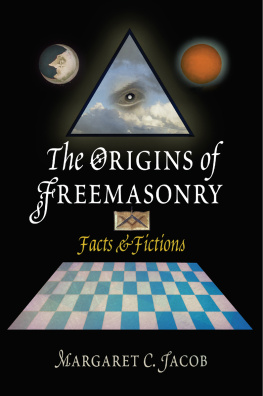
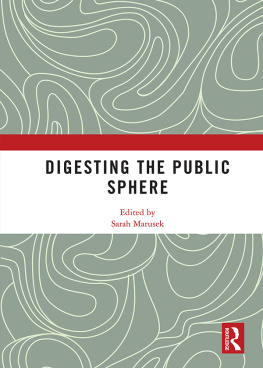

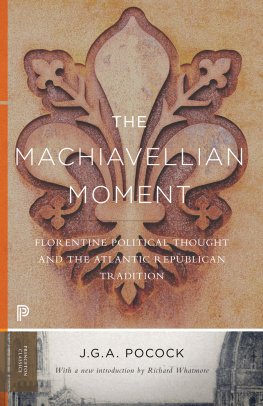
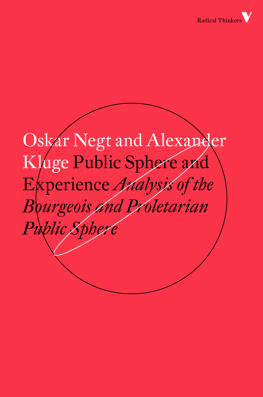
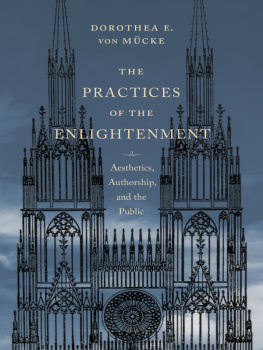
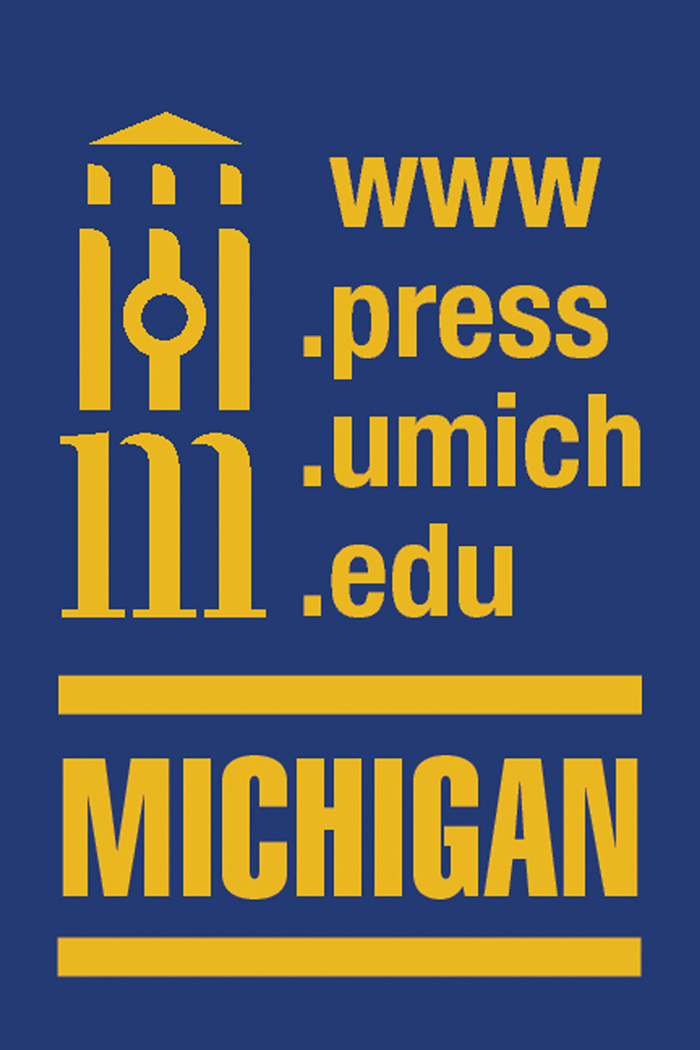
 Printed on acid-free paper
Printed on acid-free paper